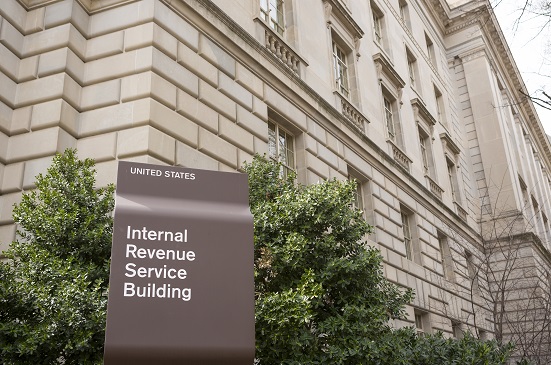IRS Hitting Estimated Tax Filers With More Penalties

The IRS plays no favorites when it comes to taxpayers missing payments or not paying enough. However, those who pay their income tax via quarterly estimated payments had better pay particular attention because lately the IRS has been coming down hard on these individuals with much more frequency.
According to recent IRS data, the number of penalties issued by the agency has jumped 33 percent between 2007 and 2016, from nearly 7.5 million to almost 10 million. These taxpayers, who often work as freelancers and business owners, get penalized because they don’t withhold enough money from their income to pay the necessary taxes.
According to the IRS, the data would appear to indicate that these individuals are either making mistakes in their calculations or they simply aren’t aware they need to pay these taxes. As for the cause of the increase in the number of penalties, the Doesn’t really have the answer.
However, the agency believes the increase in the number of taxpayers that now work for themselves, either as business owners or as freelancers, is one factor that is likely playing a role in the rising number of penalties.
The IRS suggests anyone who is responsible to make quarterly estimated tax payments fill out the agency’s annualized income installment method worksheet in order to calculate his or her taxes correctly and avoid the penalty.
Where Should You Keep Your Will?
Where Should You Keep Your Will? Planning your estate takes a considerable amount of time and effort. First, you must inventory what you own and decide how to divide your assets among your loved ones. Then you meet with your advisers—attorney, accountant, trust officer, insurance agent—to formalize your plans. Because you are conscientious, you review…
Will Contests: A Good Offense is the Best Defense
Will Contests: A Good Offense is the Best Defense When an elderly grandmother leaves all of her assets to a new beau, or Dad leaves everything to the child who visited most in the nursing home, a will challenge may be in the offing. Will contests generally are brought by unhappy family members who feel…
Capital Gains: Determining Your Tax Basis
Capital Gains: Determining Your Tax Basis The two chief forms of income for most people are “earned” and “unearned” income. Earned income (generally, your compensation for work that you do) is taxed at rates beginning at 10% and rising to 38.6% (in 2003). Capital gain, the income earned from your investments, receives preferential treatment. The…
Making the Most of Home Equity: Tips for Senior Citizens
Making the most of home equity For senior citizens living on fixed incomes, the need to replace a car or do substantial home repairs can disrupt finances. Major unplanned expenses caused by illness or disability can lead to financial disaster. Fortunately, many senior citizens are sitting on a major financial asset: the equity in their…


